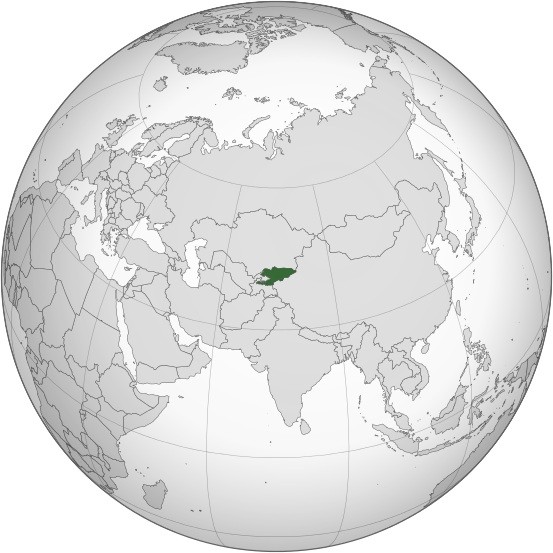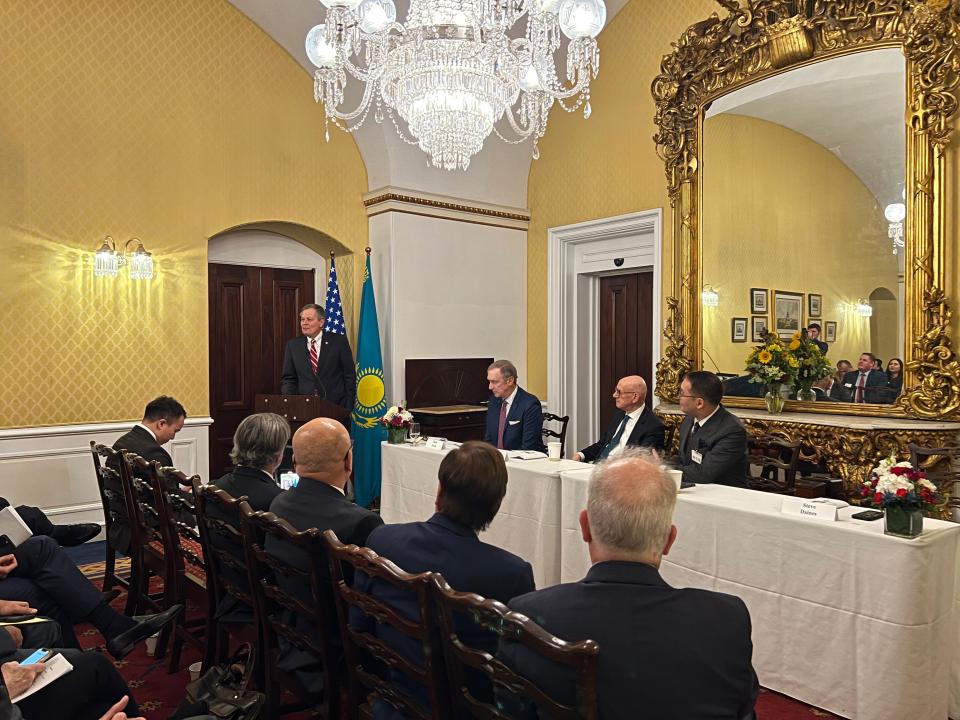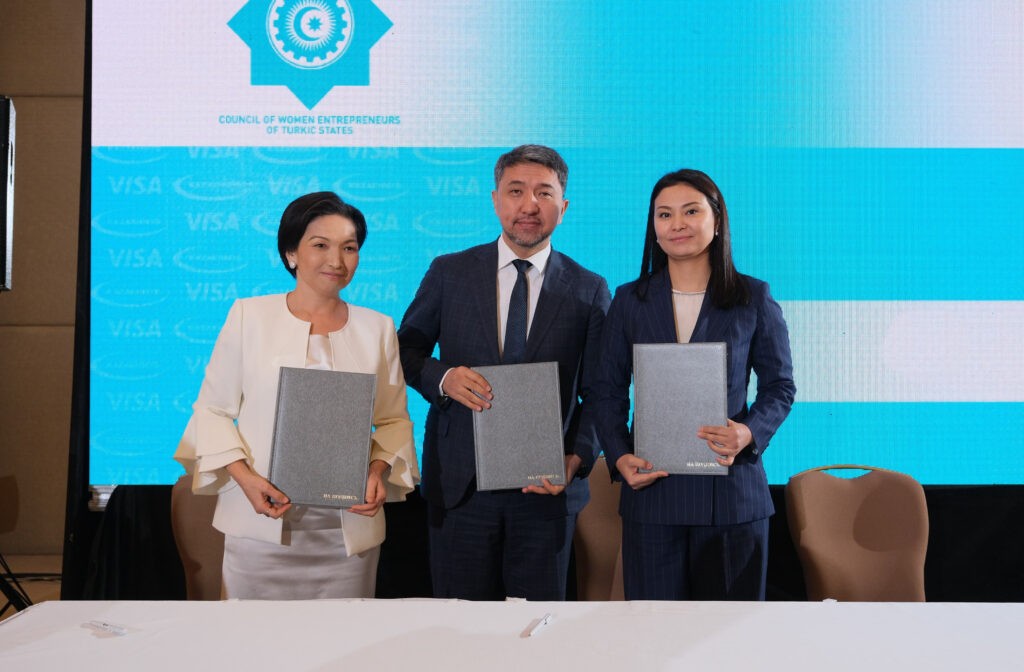BISHKEK (TCA) — As domestic and external demand continues to recover, growth in Kyrgyzstan for 2017 is expected to reach 3.5 percent and continue to expand into the medium term, an International Monetary Fund (IMF) mission led by Edward Gemayel said in a statement after it visited Bishkek from April 5-18.
The mission met with Kyrgyz Prime Minister Jeenbekov, Speaker of Parliament Tursunbekov, Minister of Finance Kasymaliev, Minister of Economy Kozhoshev, Chairman of the National Bank Abdygulov, and representatives of the private sector, civil society, and the diplomatic community.
The mission said that the prospects of a recovery following the recent crisis are improving with good indicators across the region, but without additional effort to shore up economic stability and structural reforms growth could fall short of aspirations. The recovery should push inflation up to the National Bank of the Kyrgyz Republic (NBKR) range of 5-7 percent and cause the external balance to widen to about 13 percent in 2017 before gradually narrowing over the medium term.
Regional factors will continue to shape the main risks for the Kyrgyz economy, the statement said. Weaker growth prospects in Russia through another oil price shock or the reorientation of the Chinese economy away from investment could negatively impact the economy, through remittances, trade, and foreign investment. Spending pressures rising towards the second half of the year could undermine fiscal consolidation. At the same time, faster growth in Russia and deeper economic ties with China could have a positive impact on Kyrgyzstan’s growth prospects.
“As the economic recovery takes hold, fiscal consolidation is essential to rebuild buffers to protect against future shocks and maintain macro-economic stability. Therefore, the overall fiscal deficit for 2017 should meet the program target of 3 percent of GDP. However, expected spending pressures during the second half of the year could widen the deficit. Enhancing permanent revenues—by implementing identified new measures, eliminating tax exemptions (especially the VAT on flour), refraining from granting new ones, and improving tax administration—is a key pillar of fiscal policy,” the statement said.
Maintaining public debt at a sustainable level in the medium term will require further consolidation and reform efforts, the IMF mission said. In this context, it is essential to continue to improve the management of both domestically and externally financed public investments and refrain from non-concessional borrowing.
To achieve the main policy goal of ensuring price stability, it is necessary to maintain two-way exchange rate flexibility and enhance interest rate channel traction. The NBKR should continue to intervene only to mitigate excessive volatility, the statement said.
The IMF mission emphasized that improving the business climate and governance, and continuing the fight against corruption are key to unleashing private sector-led growth in Kyrgyzstan. Specific measures aimed at eliminating regulatory and governance related obstacles to doing business are needed to bring the non-observed economy out of the shadows and harness the energy of private enterprise for growth, it said.









